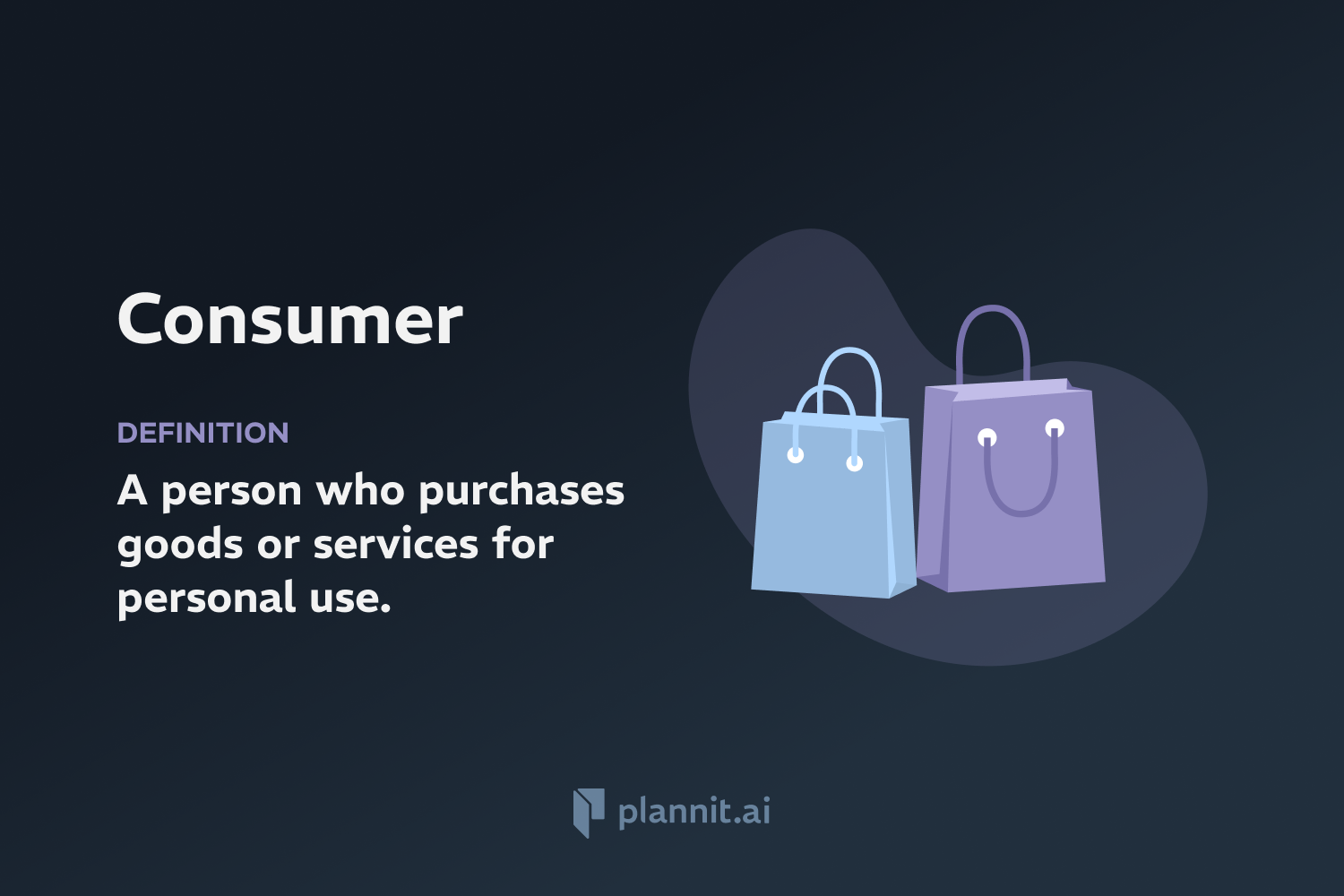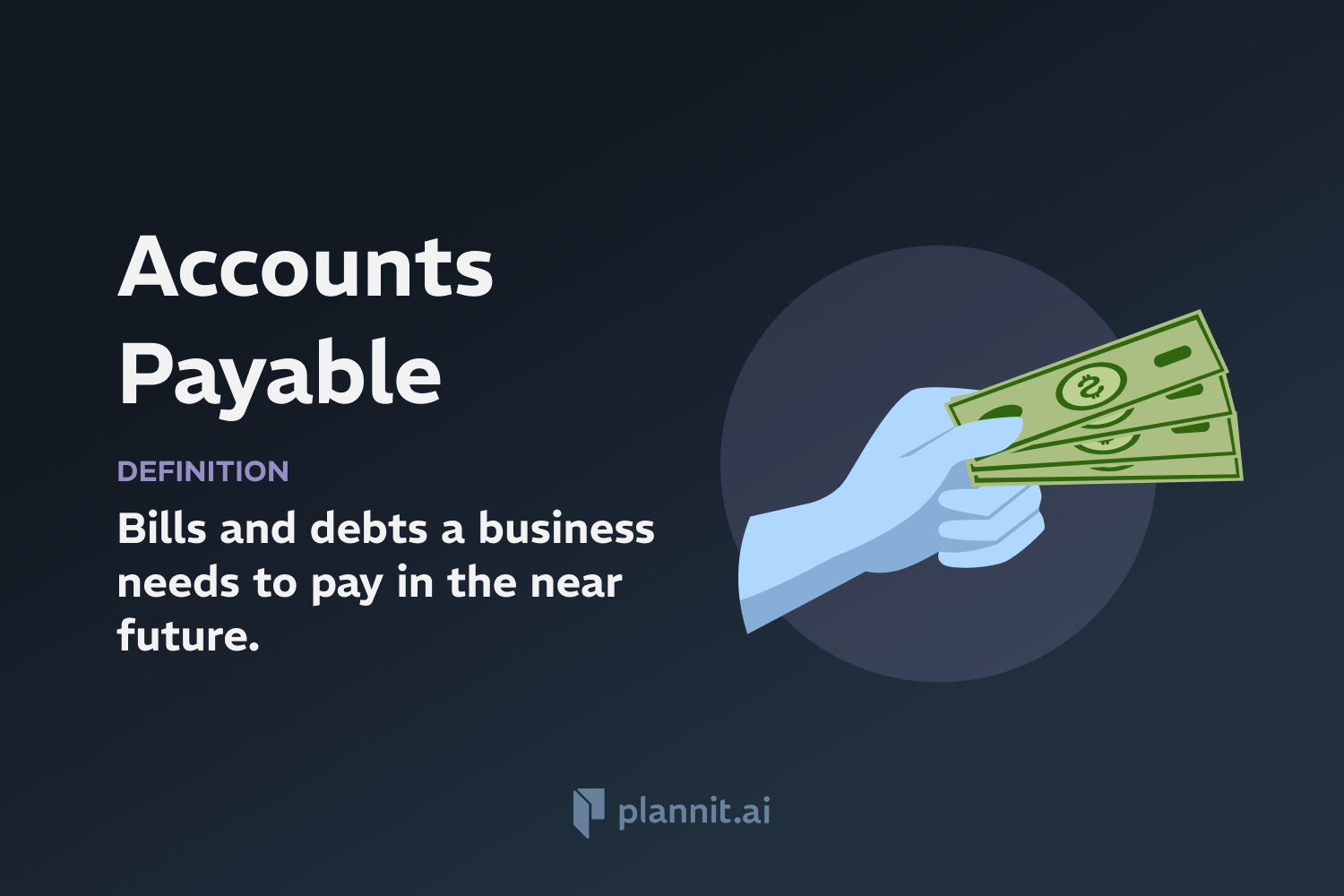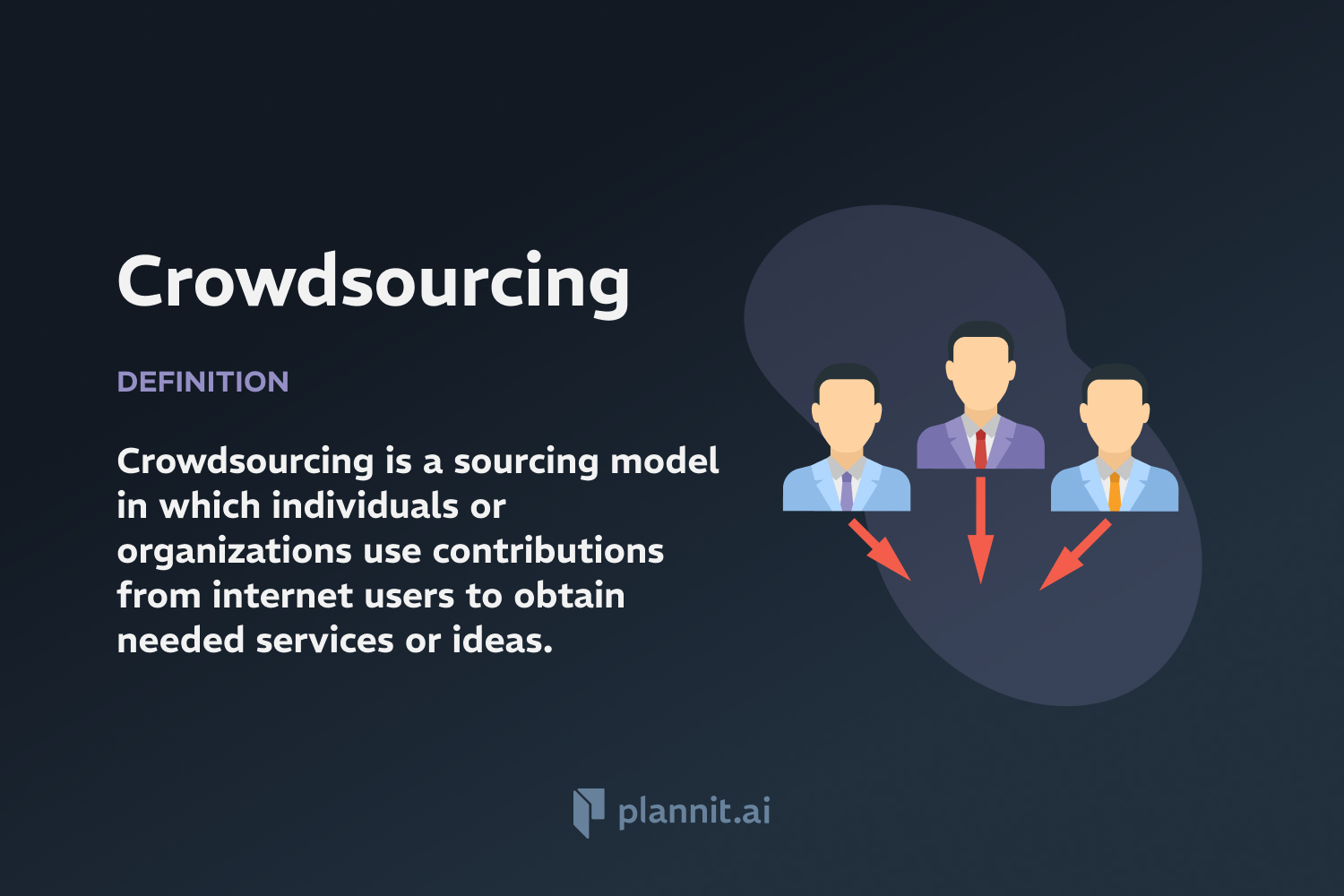Need Help With Your Business Plan?
Answer tailored questions and get a detailed business plan in minutes.
Consumer: Definition & In-Depth Explanation

Definition:
A Consumer is an individual or group that purchases goods or services for personal use, not for manufacture or resale. Consumers are the end users in the distribution chain of goods and services and are a pivotal element in the economic system of a market-based economy, where their decisions directly affect supply and demand dynamics.
Context of Use:
The term is widely used in economics, marketing, and business, especially in contexts relating to consumer behavior, consumer rights, and consumer protection. Understanding consumer behavior helps businesses and organizations design better products, improve user experience, and craft effective marketing strategies.
Purpose:
The purpose of identifying and understanding consumers is to fulfill their needs and wants through goods and services. This not only helps in sustaining business operations by driving sales but also aids in economic stability by distributing and consuming goods and services efficiently.
Example:
Retail Customers: Individuals buying clothing for personal use from a retail store.
Service Users: People using banking services for managing their personal finances.
Related Terms:
Consumer Behavior: The study of how individual customers, groups or organizations select, buy, use, and dispose ideas, goods, and services to satisfy their needs and wants.
Consumer Rights: The rights given to consumers, including the right to safety, to be informed, to choose, and to be heard.
Market Research: The action or activity of gathering information about consumers' needs and preferences.
FAQs:
1. What is the difference between a consumer and a customer?
A: While often used interchangeably, 'consumer' refers to someone who uses the good or service, and 'customer' refers to someone who purchases. A customer becomes a consumer when they use the product or service they bought.
2. Why is consumer protection important?
A: Consumer protection safeguards buyers of goods and services, and the public, against unfair practices in the marketplace. It ensures that consumers have rights and can seek redress if harmed.
3. How do businesses study consumer behavior?
A: Businesses use market research techniques such as surveys, interviews, focus groups, and observation to understand consumer preferences, behaviors, and purchasing patterns.
4. What are some typical consumer rights?
A: Typical consumer rights include the right to safety, to be informed, to choose freely, and to be heard.
5. How do economic conditions affect consumer behavior?
A: Economic conditions like inflation, unemployment, and income levels significantly affect consumer behavior. For example, higher unemployment might reduce consumer spending and alter purchasing priorities.
Get funding with a business plan that will impress investors.
Starting a New Business?



